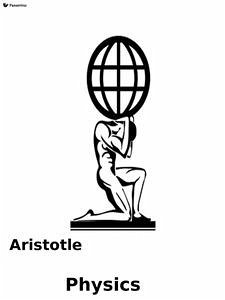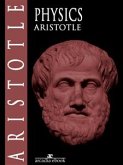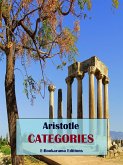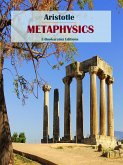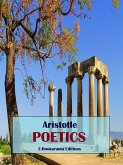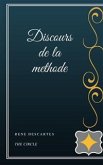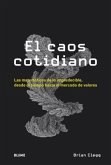"The Physics" of Aristotle is one of the foundational books of Western science and philosophy. As Martin Heidegger once wrote; "The Physics is a lecture in which he seeks to determine beings that arise on their own, τὰ φύσει ὄντα, with regard to their being. Aristotelian "physics" is different from what we mean today by this word, not only to the extent that it belongs to antiquity whereas the modern physical sciences belong to modernity, rather above all it is different by virtue of the fact that Aristotle's "physics" is philosophy, whereas modern physics is a positive science that presupposes a philosophy.... This book determines the warp and woof of the whole of Western thinking, even at that place where it, as modern thinking, appears to think at odds with ancient thinking. But opposition is invariably comprised of a decisive, and often even perilous, dependence. Without Aristotle's Physics there would have been no Galileo." Aristotle (384–322 BC) was a Greek philosopher and scientist born in the city of Stagira, Chalkidice, on the northern periphery of Classical Greece.
the editions deserve great credit for the enthusiasm of their approach ... The introductions by eminent scholars put the thoughts of the author and the history of the time into clear perspective. Oxford should be given credit for making the classics accessible for all rather than just crib notes for students. Jonathan Copeland, Lincolnshire Echo

